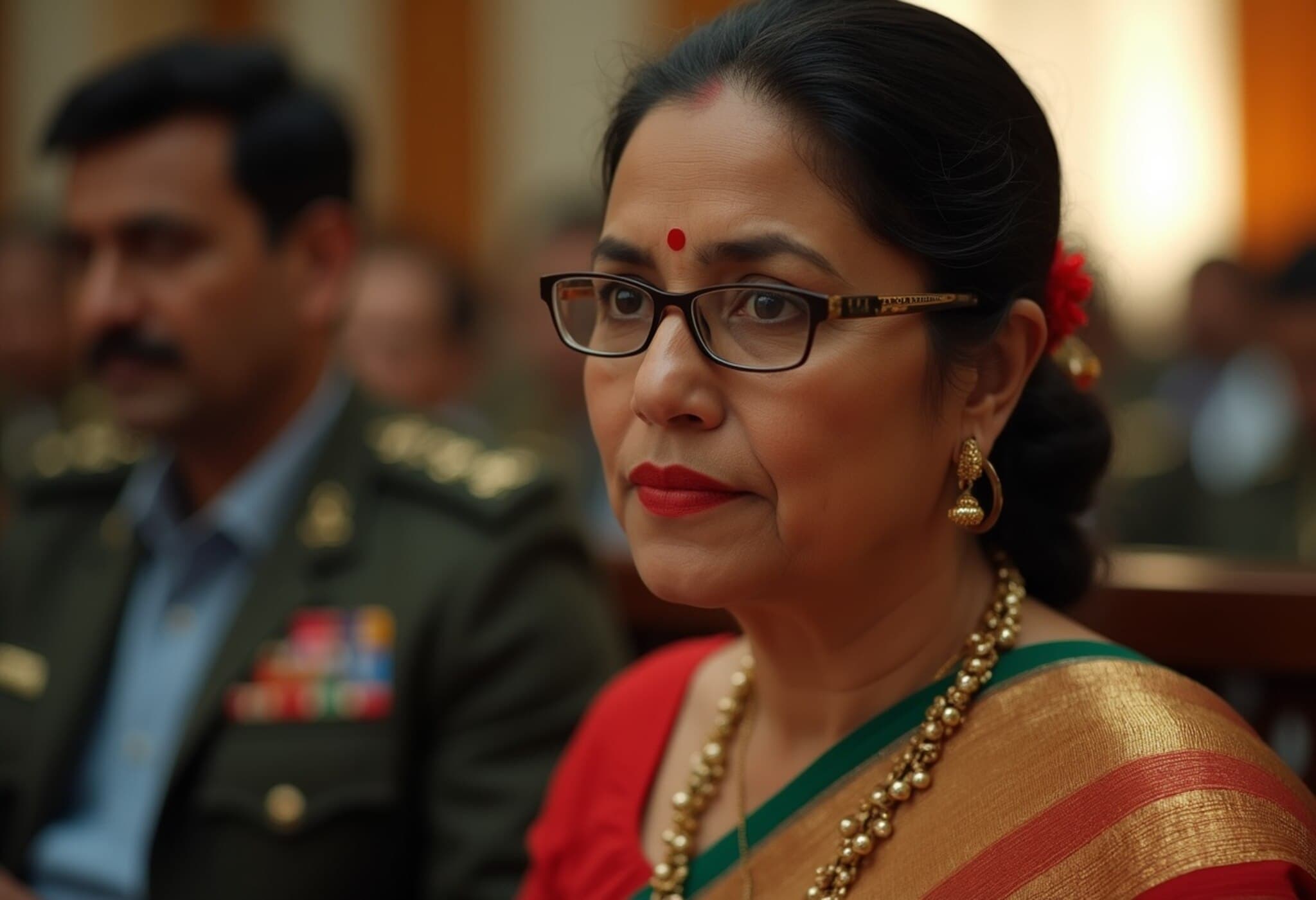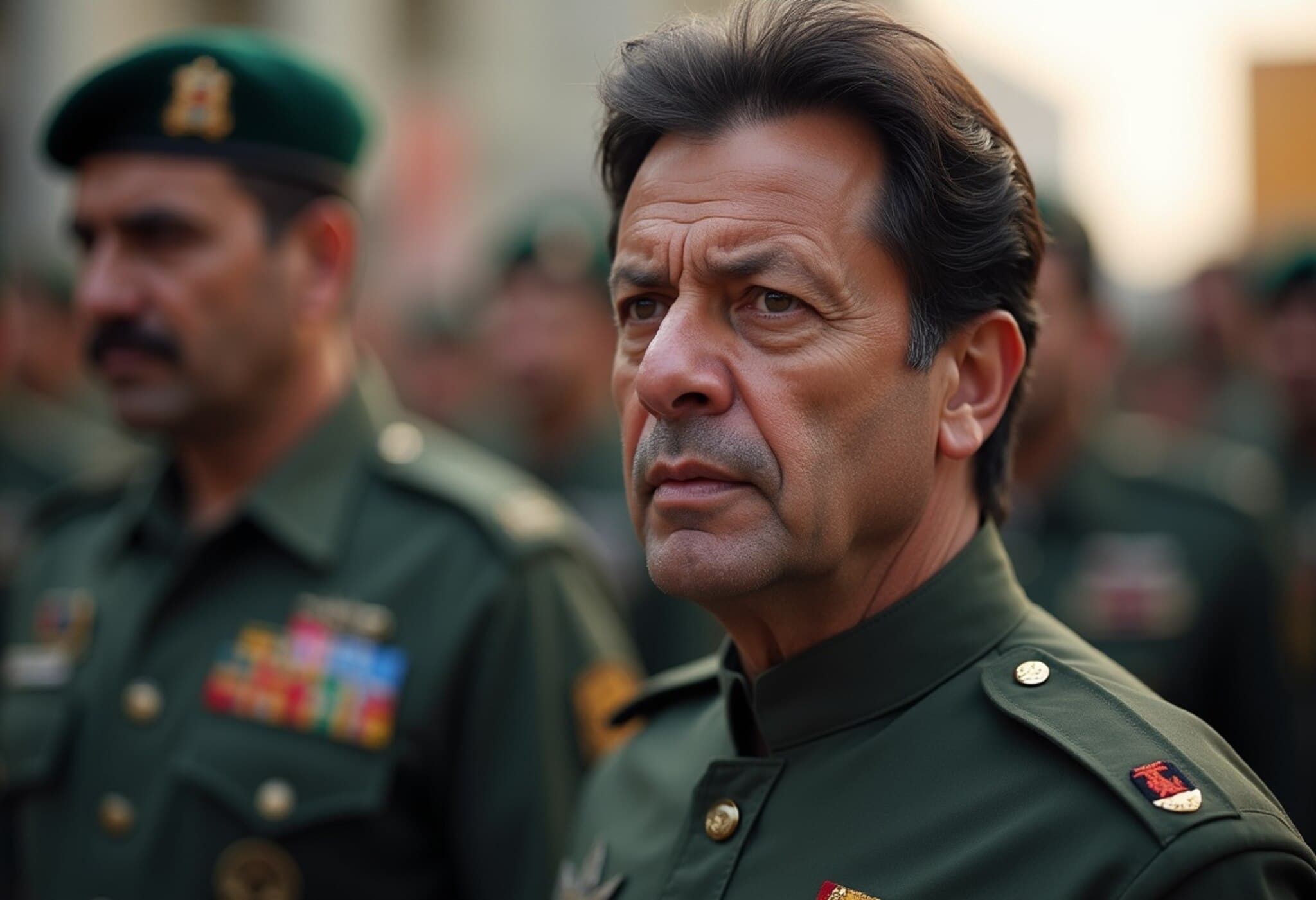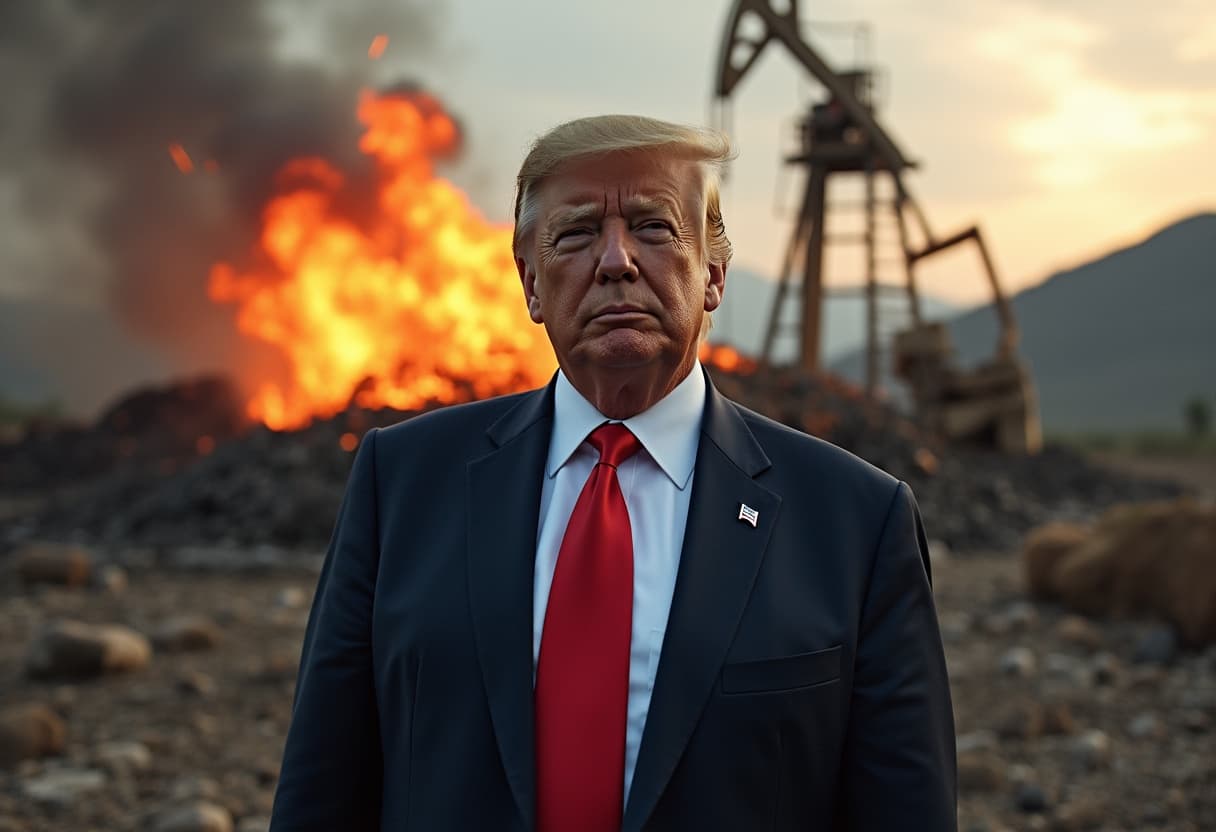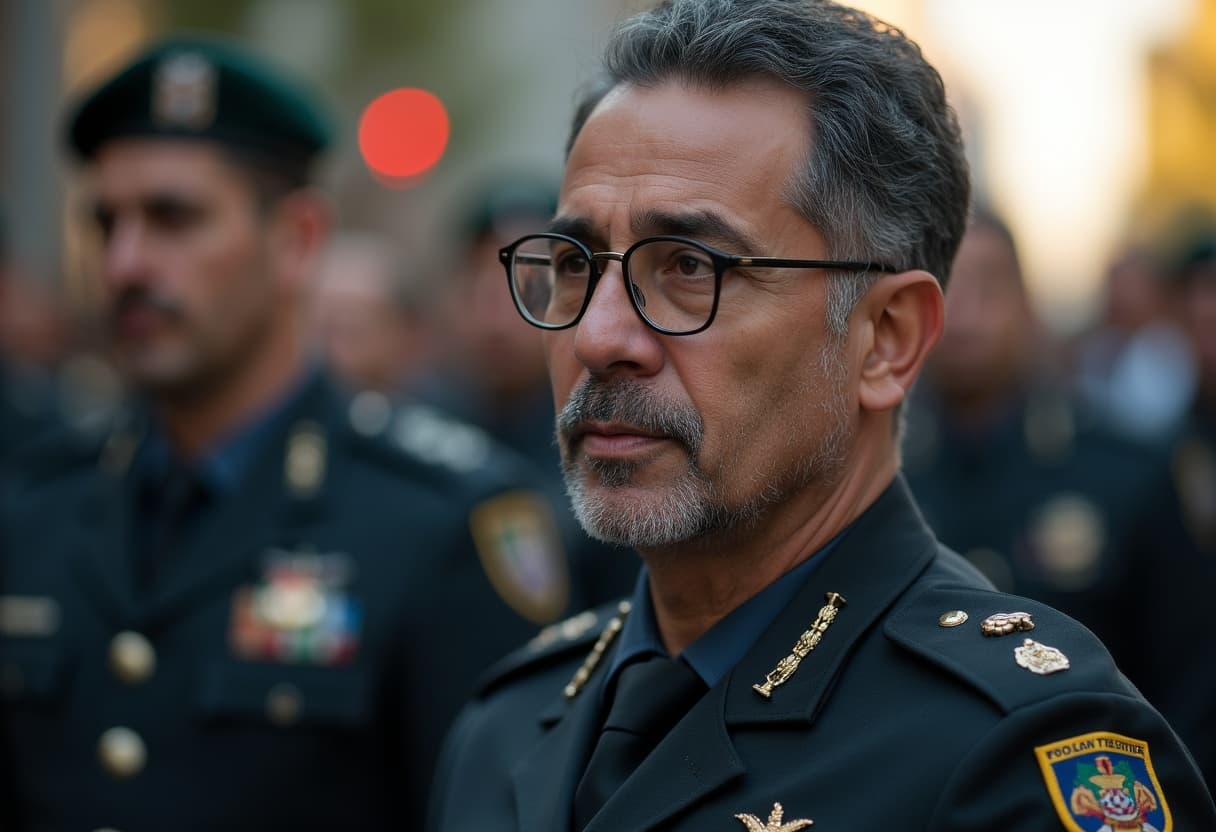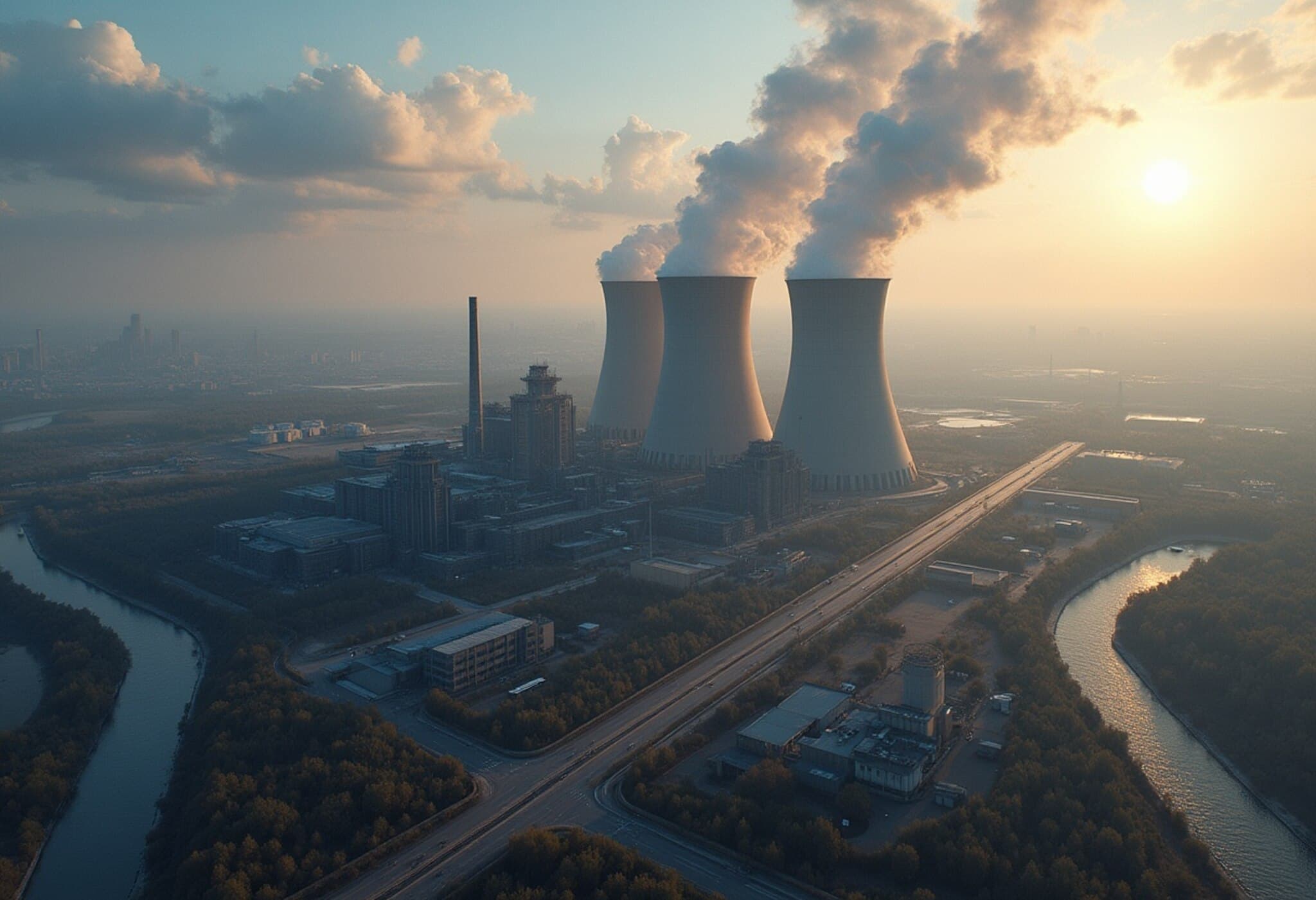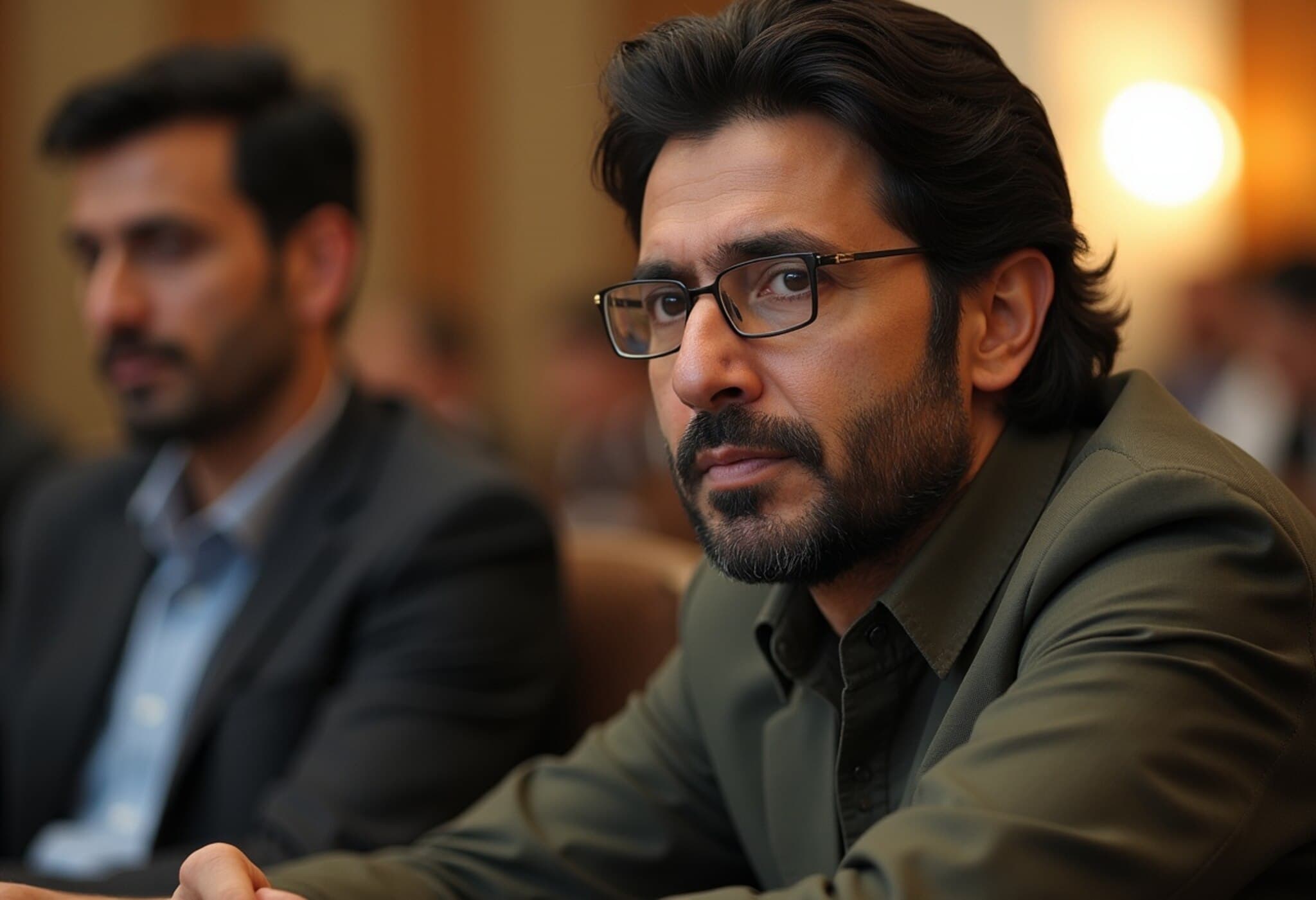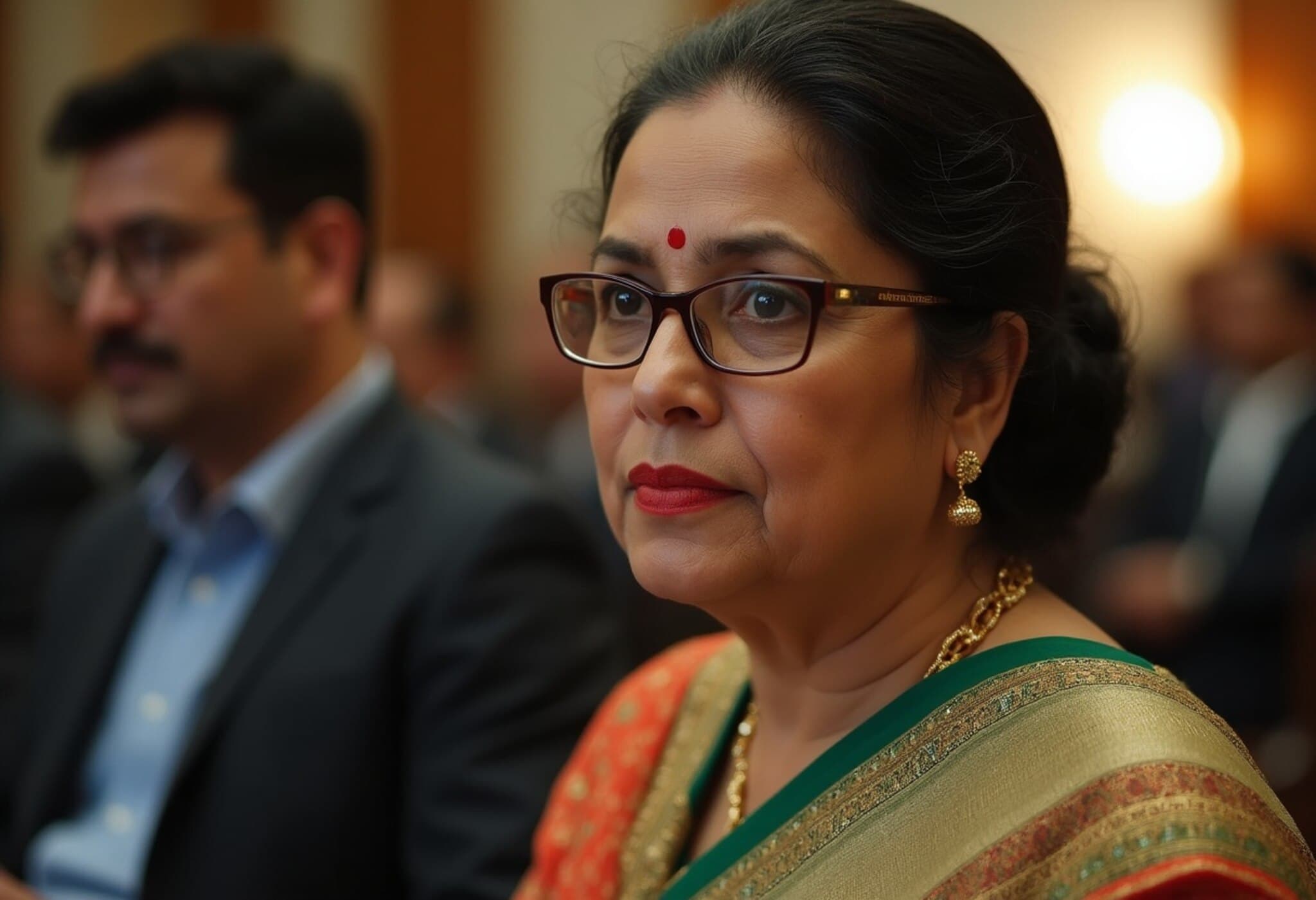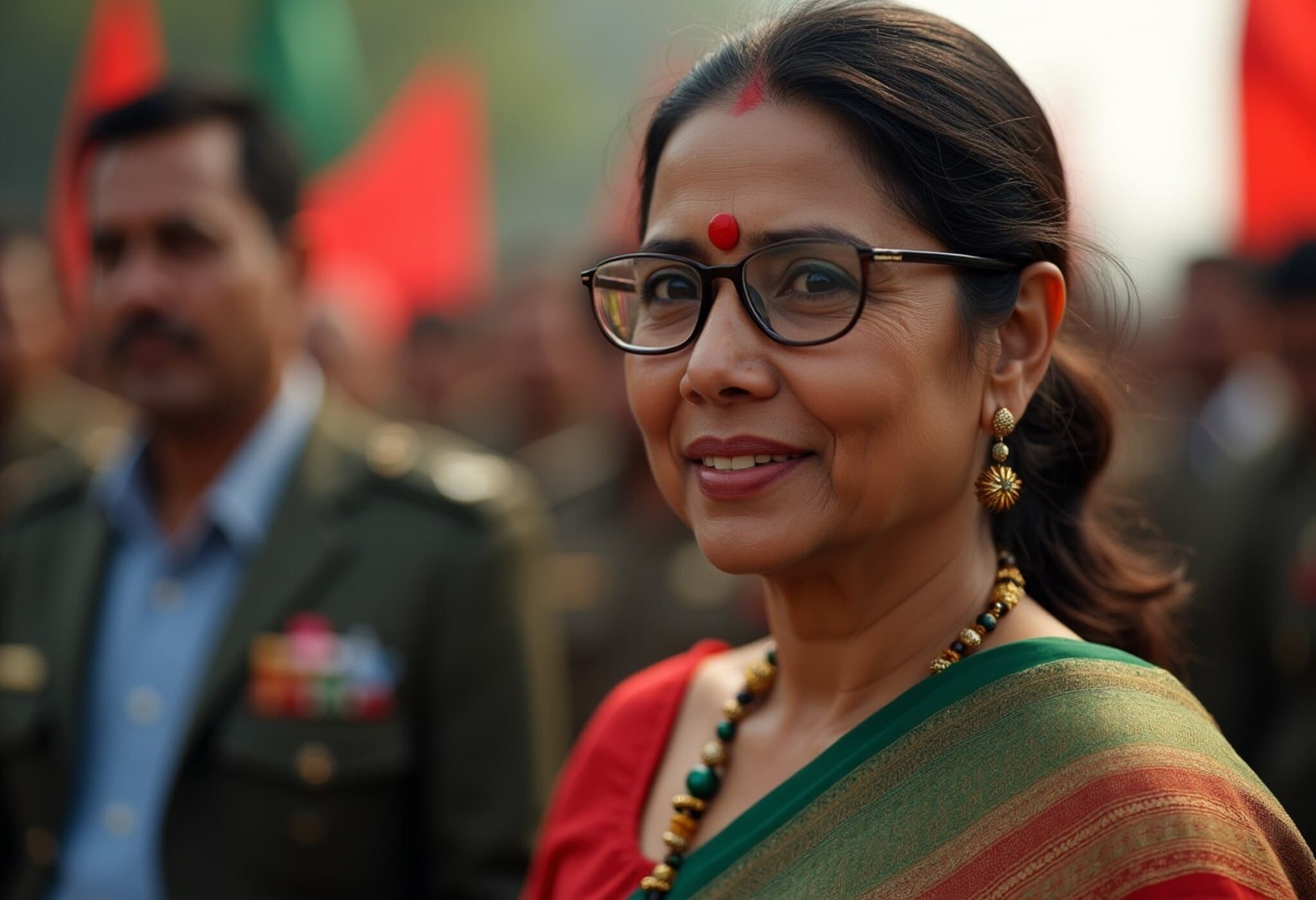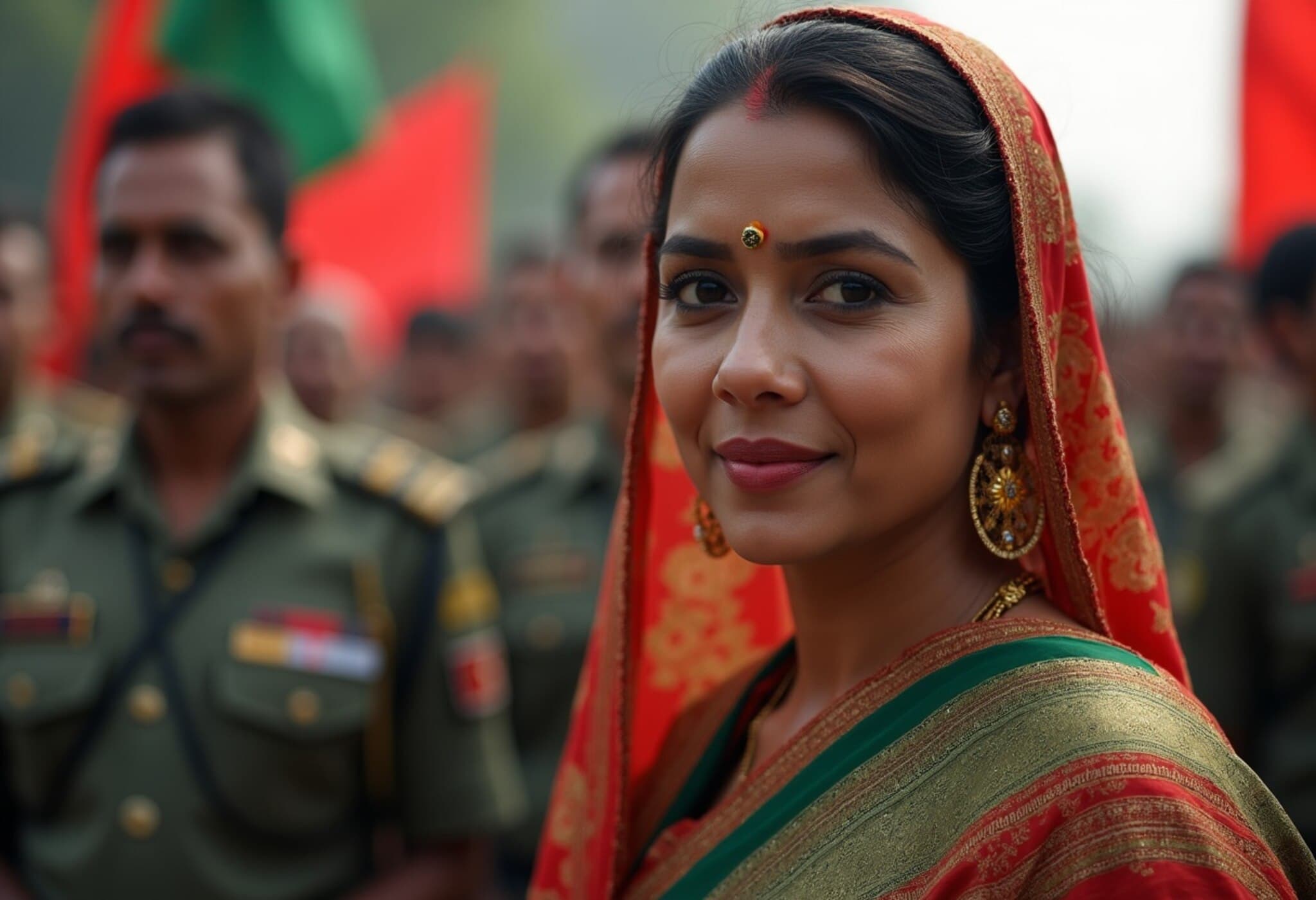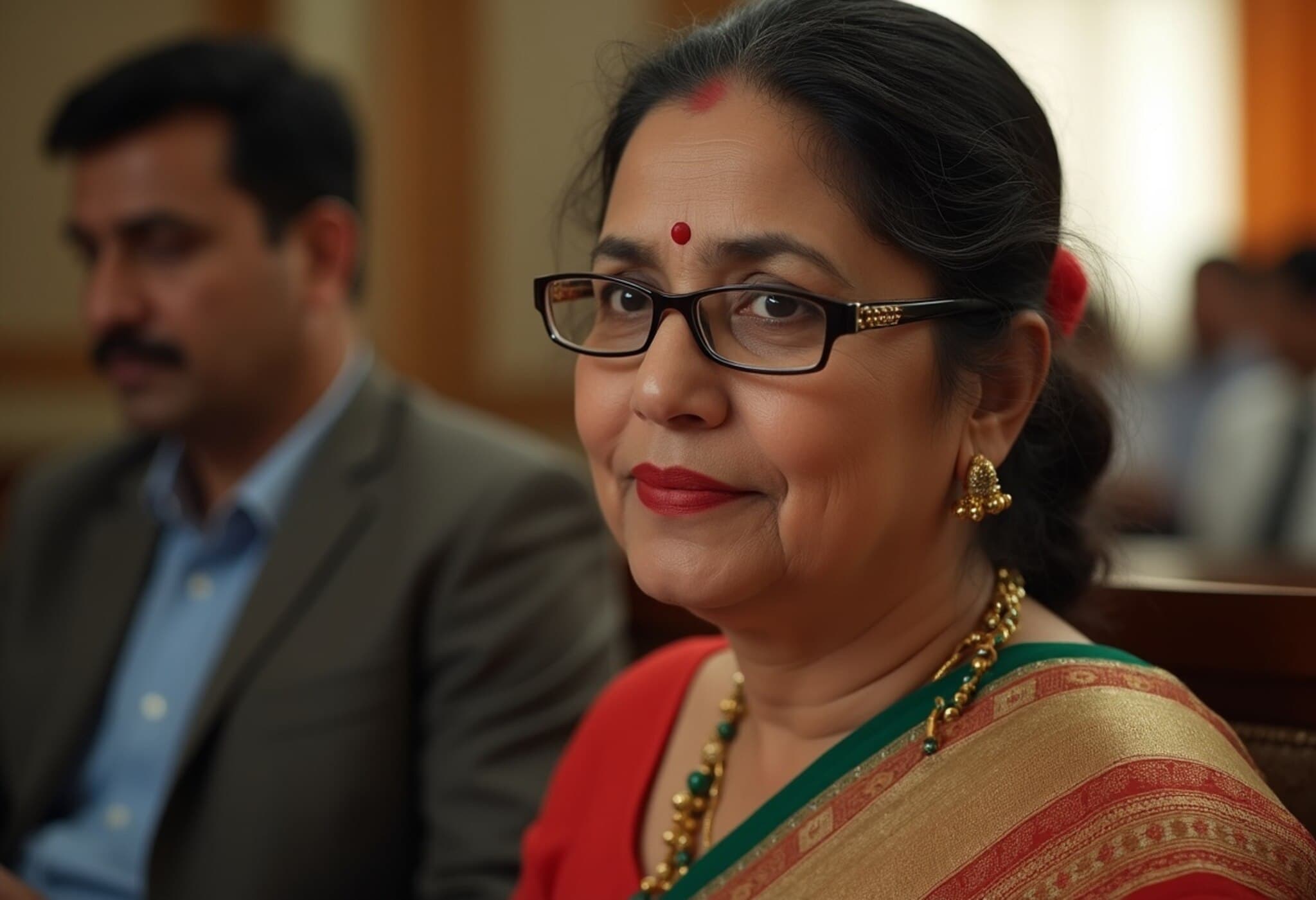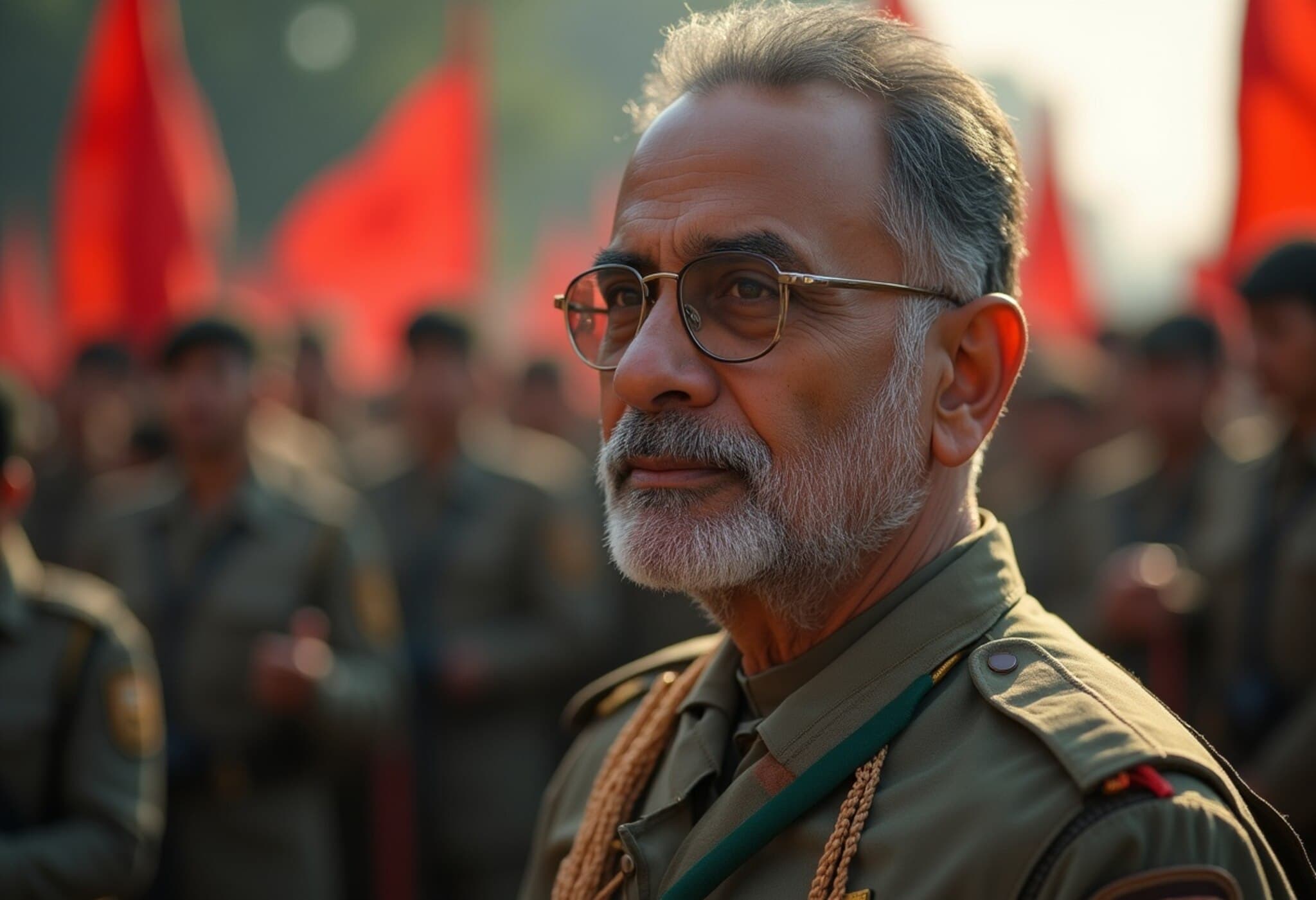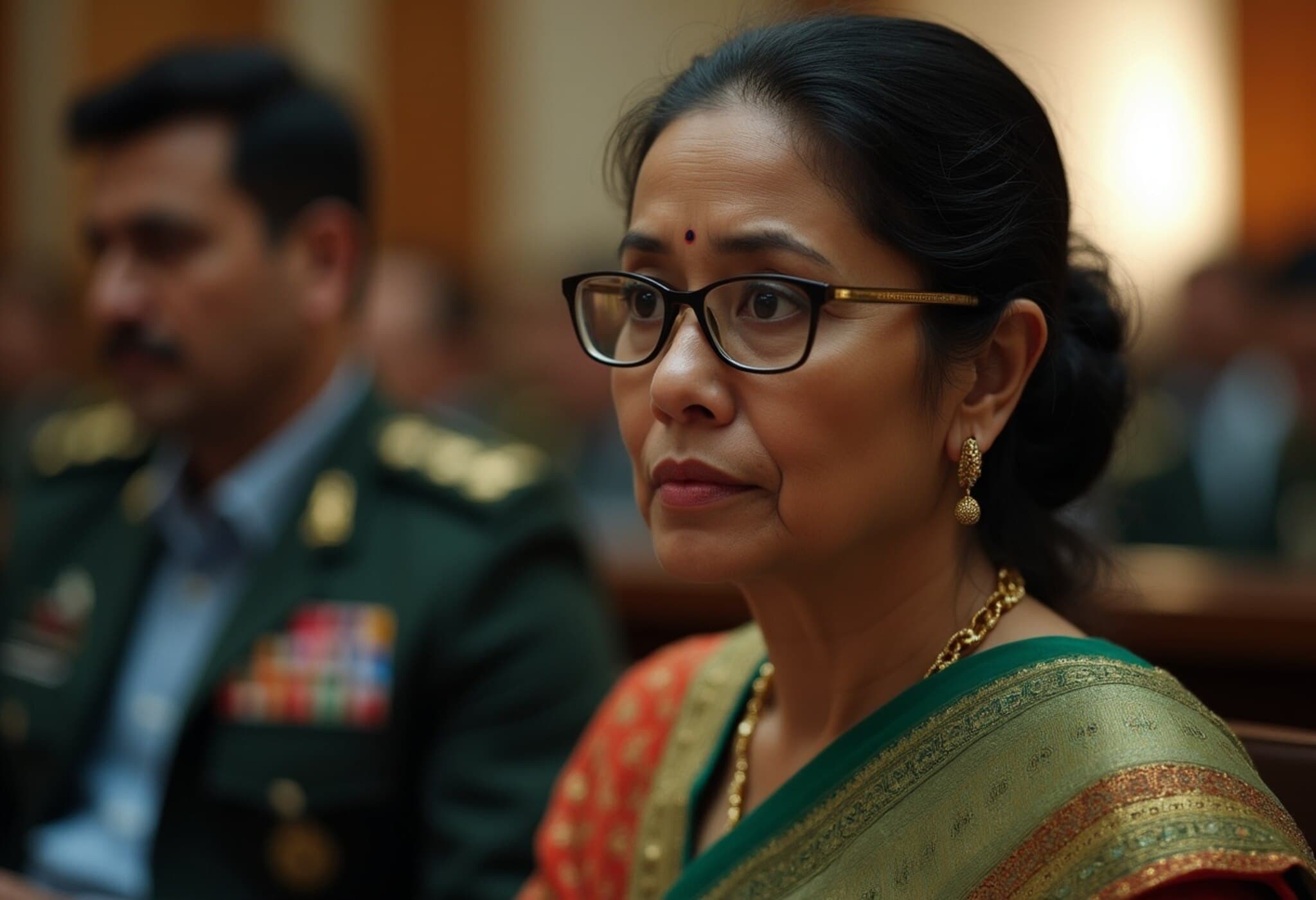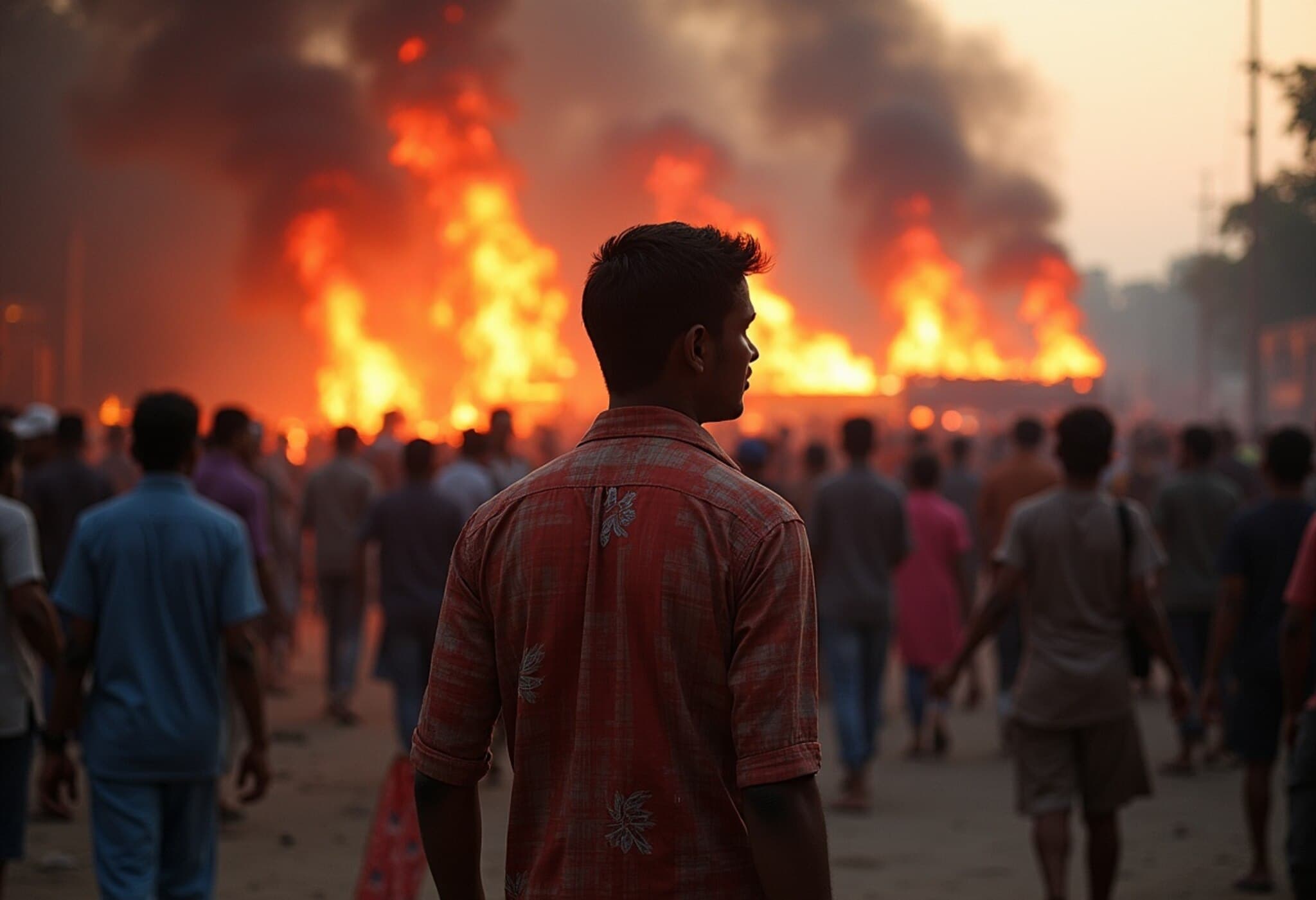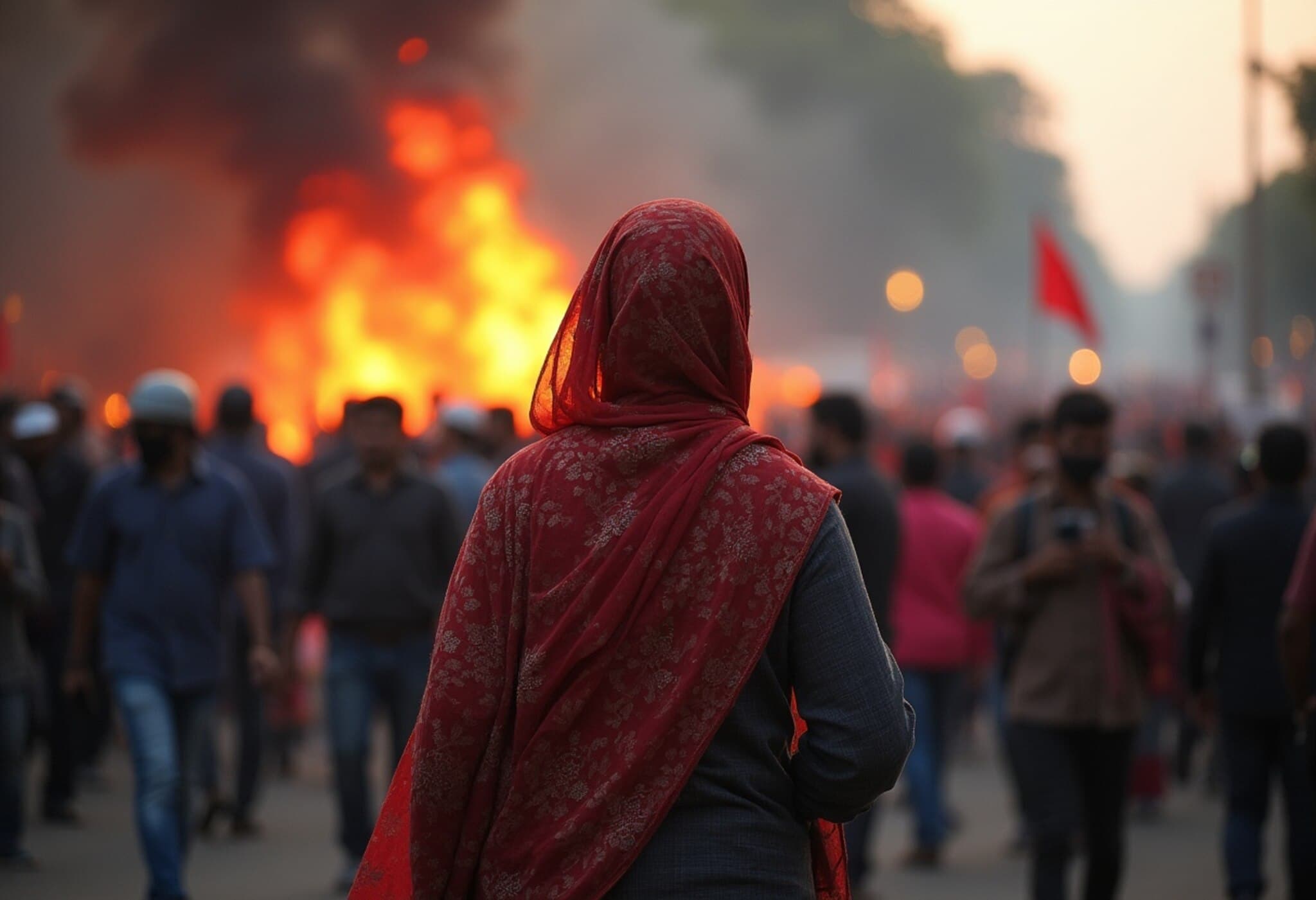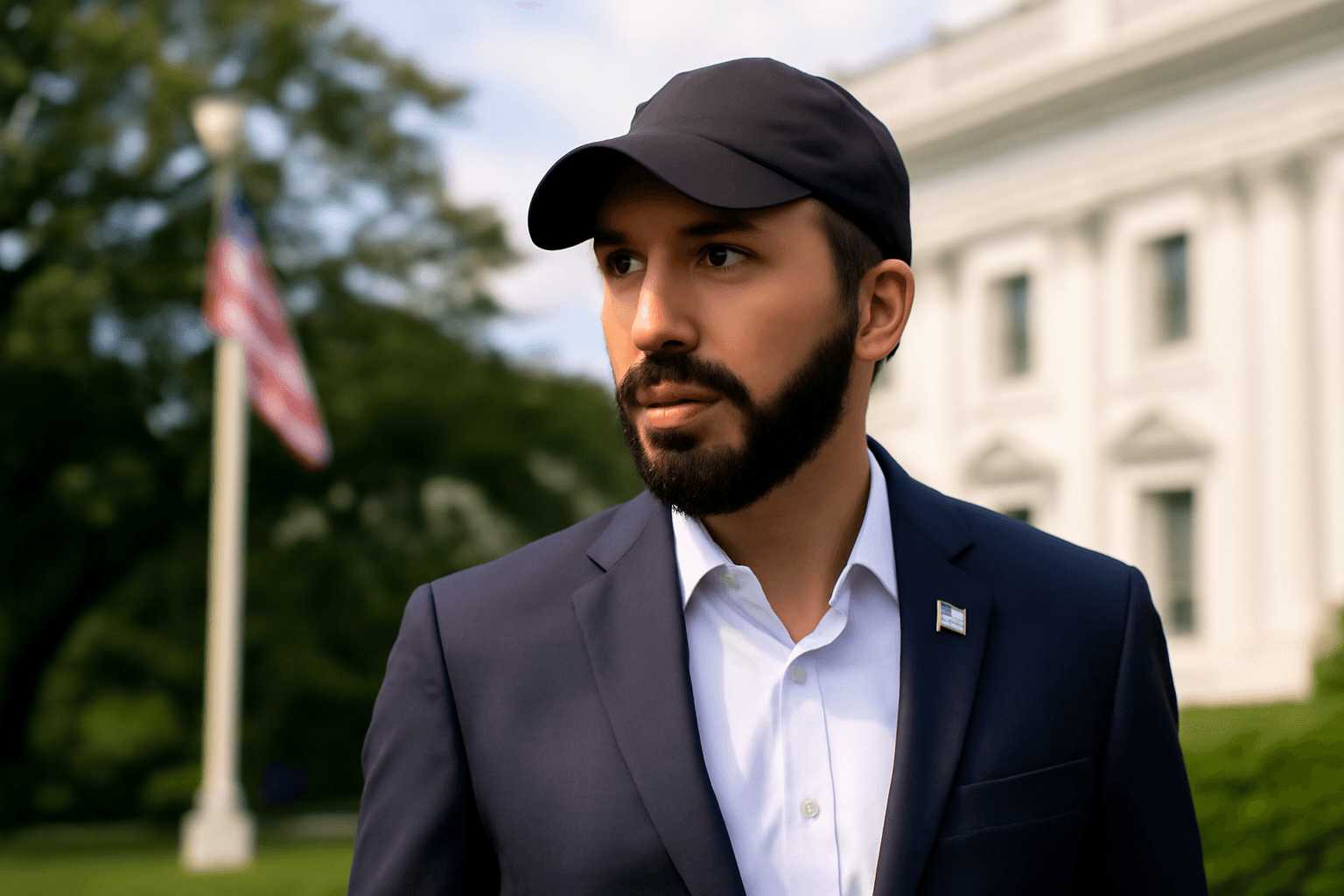Bangladesh's Special Tribunal Charges Sheikh Hasina Over Protest Crackdown
The political landscape of Bangladesh has shifted dramatically following a landmark decision by a special tribunal that has formally indicted former Prime Minister Sheikh Hasina. This legal move stems from accusations linked to the violent suppression of mass protests in 2024, resulting in the deaths of hundreds of demonstrators, predominantly students.
Details of the Indictment and Charges
On July 10, 2025, a three-member tribunal panel, led by Justice Golam Mortuza Mozumder, announced charges against Sheikh Hasina, along with former Home Minister Asaduzzaman Khan and ex-police chief Chowdhury Abdullah Al-Mamun. They face five charges relating to crimes against humanity in connection with the crackdown on protests that catalyzed the overthrow of Hasina’s government on August 5, 2024.
Significantly, Hasina and Khan are being prosecuted in absentia, as they remain outside Bangladesh’s custody. The tribunal’s decision follows the public emergence of an explosive leaked audio recording that allegedly features Hasina directing security forces to employ deadly force against demonstrators.
Leaked Audio: A Turning Point in the Investigation
The British Broadcasting Corporation (BBC) investigative report unveiled a recording dated July 18, 2024, capturing a voice identified as Hasina’s. In the recording, the voice is heard ordering security personnel to "use lethal weapons" and to shoot protesters "wherever they find them." According to independent audio forensic experts commissioned by BBC News, the recording shows no signs of tampering or synthetic generation, strengthening its evidentiary weight.
The Awami League's Response
In response, the Awami League—the ruling party under Hasina’s leadership—rejected the allegations outright. A party spokesperson asserted that senior leaders, including Hasina, were not personally responsible for orchestrating lethal responses against protestors. The statement emphasized that any force applied was deemed proportionate and intended to minimize harm. Instead, the party blamed "breakdowns in discipline" among security forces for the tragic loss of life during the protests.
Political and Diplomatic Ramifications
The developments have struck a sensitive chord across South Asia, especially between Bangladesh and India. The interim Bangladeshi government has vocally criticized India’s reluctance to extradite Sheikh Hasina, with Chief Adviser’s press secretary Shafiqul Alam urging India to "act with conscience and moral clarity." The appeal underscores that no strategic alliances or historical ties should obscure accountability for the "deliberate murder" of civilians during the crackdown.
India, a regional powerhouse and close neighbor, has yet to publicly respond to this extradition request, highlighting the complex geopolitical dynamics at play.
Human Rights Context and Regional Impact
According to a United Nations human rights report, the crackdown between July and August 2024 resulted in as many as 1,400 deaths, marking one of the most severe politico-civil confrontations in Bangladesh’s recent history. This crackdown also triggered widespread arrests and forced many key Awami League officials into hiding.
This case serves as a critical study in transitional justice and accountability in South Asia, a region where political power struggles often intersect with human rights concerns.
Looking Ahead: What This Means for Bangladesh and Beyond
- Rule of Law and Justice: The tribunal’s decision signifies a bold assertion of legal principles against alleged state violence, possibly setting precedence for future governance accountability in Bangladesh.
- Political Stability: Ongoing prosecutions could either deepen political rifts or pave the way for reconciliation depending on how the government manages these tensions.
- International Relations: The extradition request from Bangladesh puts India in a delicate position balancing bilateral ties and principles of asylum and justice.
- Human Rights Advocacy: The case shines a spotlight on mass protest rights and the risks of state overreach, resonating globally given rising concerns over protestor safety.
Expert Insight: Navigating Accountability Amid Geopolitical Complexities
From an American policy analysis perspective, this indictment raises essential questions about political accountability in emerging democracies. The situation illustrates the challenges faced when domestic justice pursuits intersect with international diplomatic relationships, notably with India precariously positioned as a gatekeeper in the extradition process.
Moreover, it spotlights the international legal frameworks governing crimes against humanity, stressing the importance of transparent judicial processes to reinforce democratic norms and human rights.
Editor's Note
The indictment of Sheikh Hasina marks a pivotal chapter in Bangladesh’s pursuit of justice amid tumultuous political upheaval. While legal proceedings unfold, the international community watches closely—not merely for one nation’s accountability, but for the broader implications on protest rights, regional diplomacy, and the balance between security and civil freedoms. As this story evolves, readers should consider the delicate interplay between justice and politics, and how such dynamics influence peace and stability in South Asia.

